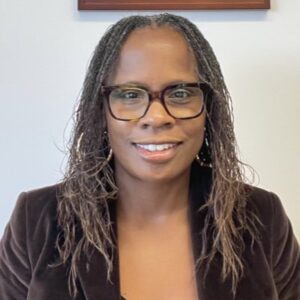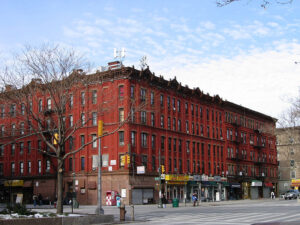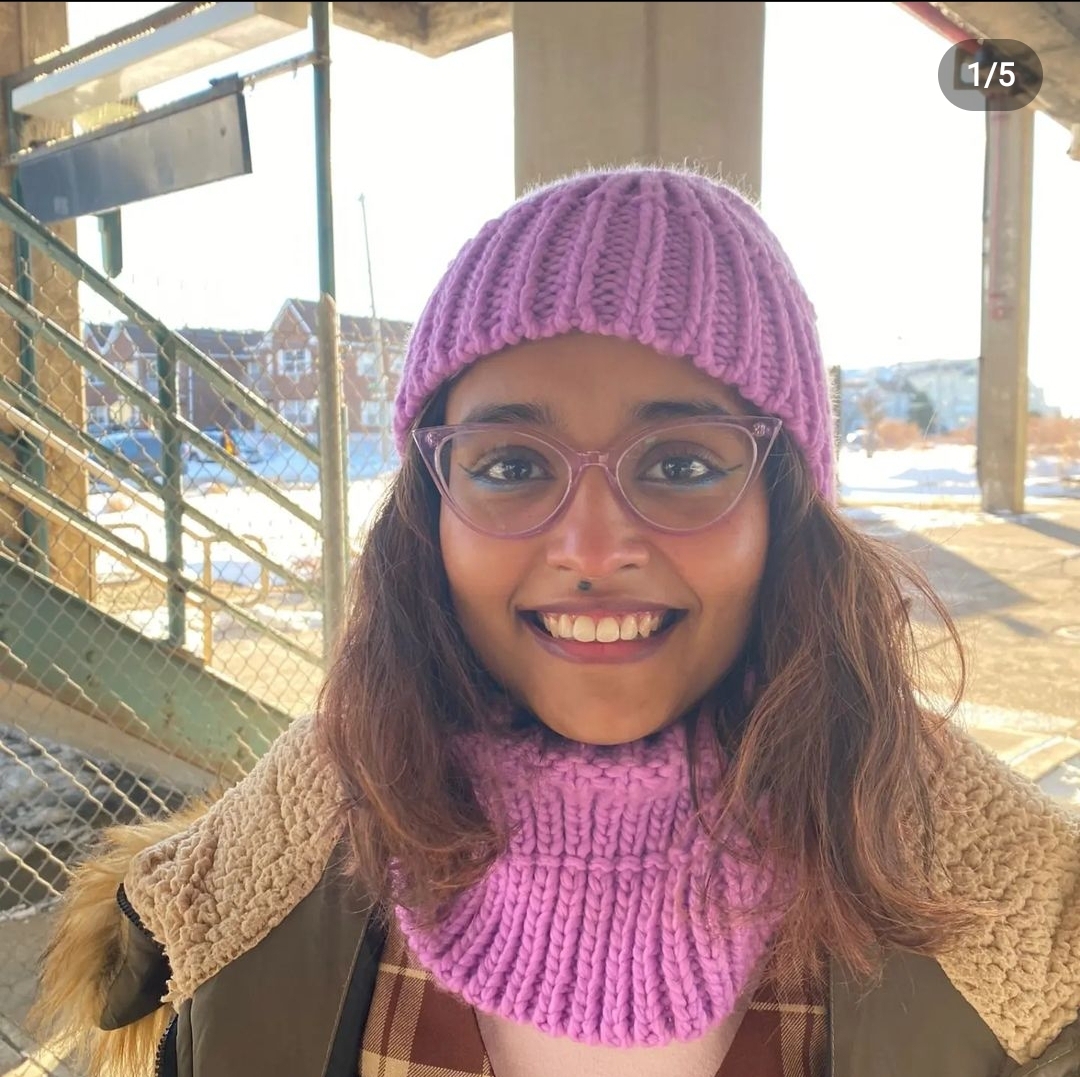
What would be the social consequences if Harlem’s residents were given access to culturally affirming and quality health care? That was the question proposed by Team 5 at the College Wide Research Vision (CRV), a competition for seed funding that engages the CCNY research community to address challenging real-world problems by connecting different approaches, techniques and disciplines.
Dr. Terri N. Watson, the team lead, found the question of quality healthcare especially important because of the ongoing Covid-19 pandemic. Dr. Watson explains that communities of color continue to be impacted the most by the pandemic and a majority of Harlem’s residents are Black and Hispanic.
A Harlem native herself, Dr. Watson saw the health disparities that exist in her community, such as high blood pressure, obesity, and various types of cancer and wondered how she could use the different resources that existed at City College to help the community. By collaborating with the School Division of Science, the CUNY Medical School (Community Health and Social Medicine) and her other colleagues from the School of Education, she created the “Beloved Community Project.”
An ongoing project before the CRV competition was announced, Beloved Community is a multi-faceted and hands-on research project that provides vaccine information to the community, tackles issues of violence, teaches cooking and financial literacy classes, and focuses on mental health. Plans are for the project to continue.
“While we were disappointed we weren’t selected, we’ve been doing this work before we entered this competition, so the work doesn’t stop,”

The concept for the “Beloved Community” Project came from Martin Luther King’s Jr. idea of a just society. It was based on the work of an early twentieth-century theologian named Josiah Ross and for him, a beloved community was a space capable of achieving the highest good along with the common good, what is good for everyone.
Dr. Watson explains that to her the highest good is what she and her team could do to have the greatest impact that can affect the most people.
Currently, the “Beloved Community” Project is focused on mental health issues mainly related to black men and diagnosing depression. Watson has plans to meet with members of the Harlem community at City College to discuss this initiative.
Dr. Watson is a professor at the School of Education who studies effective education through leadership. She is dedicated to knowing what methods work and promoting these practices throughout communities. She is most interested in how schools and institutions can transform into “Beloved Communities.”
Dr. Watson emphasizes that the work of the “Beloved Community” Project is not about her or her colleagues, but about the whole community. The team made the community center by employing community-based participatory research.
“Our project is intentionally embedded in the community,” said Dr.Watson. She points out the competition and individualistic nature of academic institutions as faculty compete for grants and publications and as a result, often leave out the people that their research is designed to help.

Malina Seenarine is a recent graduate of Baruch College where she studied journalism and minored in theater. In addition to writing for The RICC, she’s a contributor for Baruch’s award-winning Dollars & Sense Magazine and wrote for the arts and news section of Baruch’s student-run newspaper, The Ticker. She’s also written for FSR magazine.